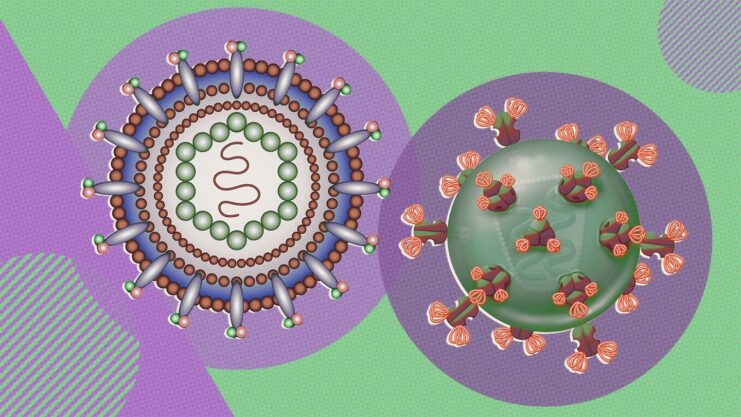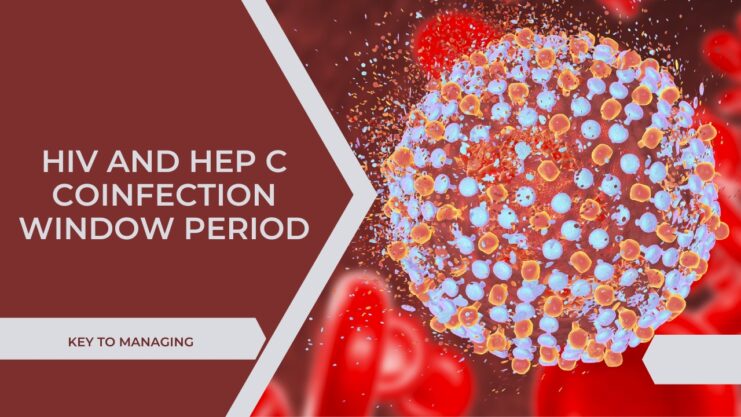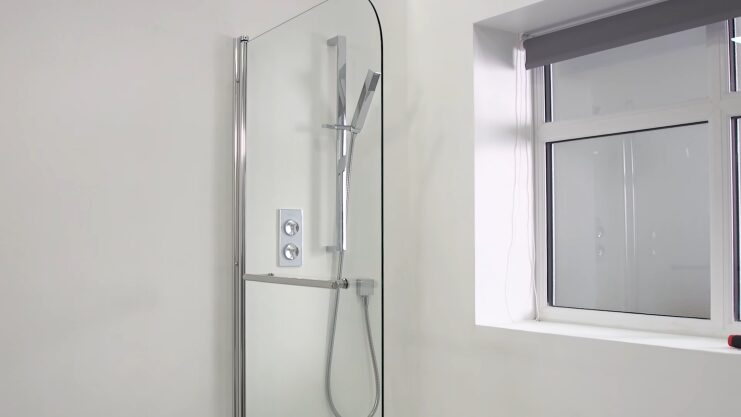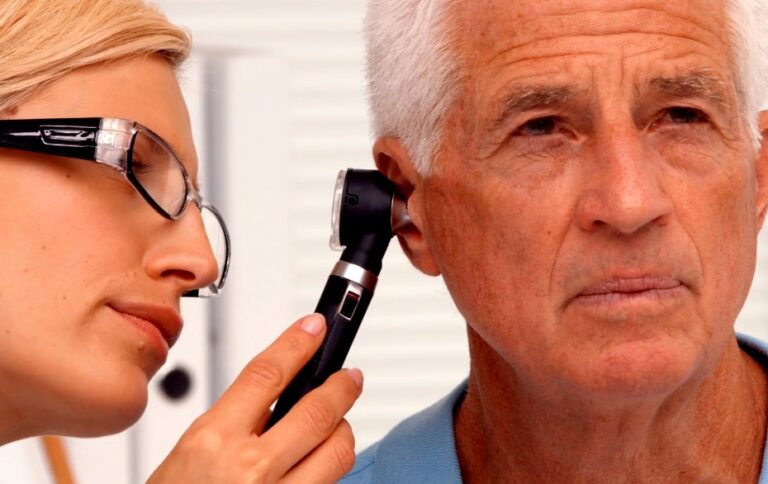I often come across a question that seems to be on many minds: the fear of co-infection with HCV (Hepatitis C Virus) and HIV. This fear often stems from reports suggesting that HCV can affect the HIV window period, leading to doubts about the accuracy of HIV test results. Let’s dive into this and separate fact from fiction.
The root of this concern can be traced back to a report published by the CDC on June 29, 2001. The report, titled “Updated U.S. Public Health Service Guidelines for the Management of Occupational Exposures to HBV, HCV, and HIV and Recommendations for Postexposure Prophylaxis,” has been the source of much discussion.
The report suggests that ‘Extended HIV follow-up (e.g., for 12 months) is recommended for healthcare professionals who become infected with HCV following exposure to a source co-infected with HIV and HCV.’ In simpler terms, the HIV testing window period might change only if a person is acutely infected with HCV.
So, if you’re worried this might apply to you, the real question you should be asking is: How can I know if I’m infected with HCV?
Does acute HCV infection have any symptoms? The truth is, most people don’t experience any symptoms. And even if they do, the symptoms are usually mild and vague, such as fatigue, loss of appetite, abdominal pain, and occasionally jaundice. So, the presence or absence of symptoms isn’t a reliable indicator.
In a nutshell, unless you’re acutely infected with HCV, your HIV test’s window period remains unaffected. But remember, if you have any concerns about your health, it’s always best to consult with a healthcare professional. They can provide you with the most accurate information and guide you through any necessary tests or treatments.
The Window Period: A Brief Overview
Before we dive into the specifics of co-infection, let’s first understand what the ‘window period’ means. In the simplest terms, the window period is the time between potential exposure to a virus and when a test can accurately detect it. During this period, an individual could be infected but still test negative, as the virus or the antibodies against it haven’t reached detectable levels yet.
The Intersection of HIV and HCV

HIV and HCV are both blood-borne viruses, meaning they can be transmitted through blood and certain body fluids. Co-infection, or having both viruses simultaneously, is not uncommon due to their similar transmission routes. This co-infection can complicate the window period, causing a ripple of concern among healthcare professionals and patients alike.
The CDC Guidelines and the Extended Window Period
The root of this concern can be traced back to a report published by the CDC in 2001. The report suggested that healthcare professionals who become infected with HCV following exposure to a source co-infected with HIV and HCV should have an extended HIV follow-up, for instance, for 12 months. This implies that the window period for HIV testing might change if a person is acutely infected with HCV.
Symptoms and Diagnosis of Acute HCV Infection
Now, you might be wondering, how can I tell if I’m acutely infected with HCV? The tricky part is, most people with acute HCV infection don’t experience any symptoms. Even if symptoms do occur, they’re often mild and vague, such as fatigue, loss of appetite, abdominal pain, and occasionally jaundice. Therefore, the presence or absence of symptoms isn’t a reliable indicator of acute HCV infection.
The Bottom Line
In essence, unless you’re acutely infected with HCV, your HIV test’s window period remains unaffected. However, if you’re at risk of both HIV and HCV, it’s crucial to get tested for both. Regular testing and early detection are key to managing these infections effectively.
A Word of Caution
While this article aims to provide a general understanding of the window period in HIV and HCV co-infection, it’s important to remember that individual experiences can vary. If you have any concerns about your health, always consult with a healthcare professional. They can provide you with the most accurate information and guide you through any necessary tests or treatments.
In the end, knowledge is power. By understanding the window period and its implications, you’re taking an important step toward managing your health and making informed decisions.













